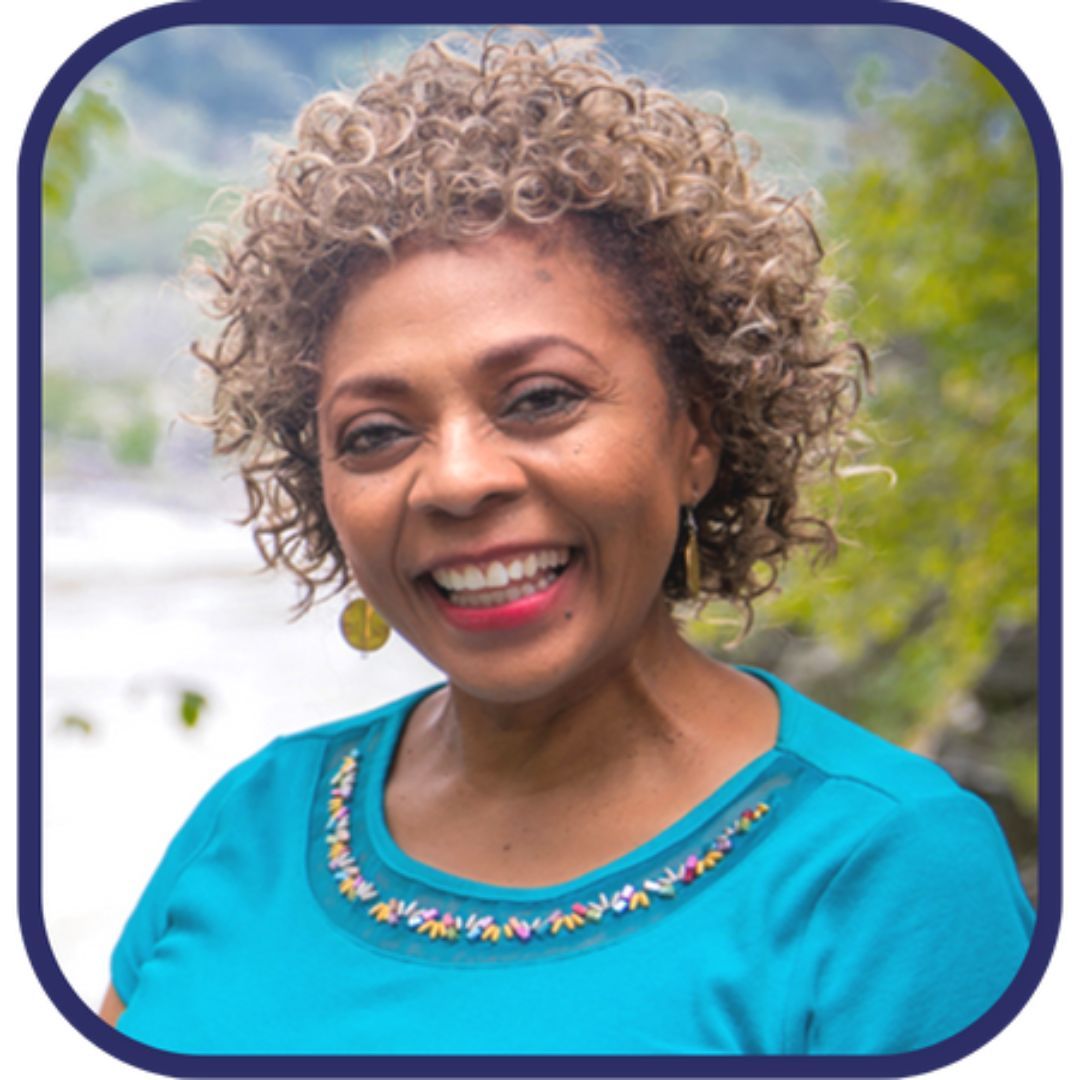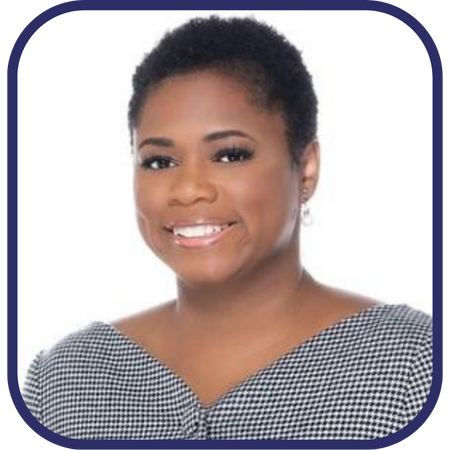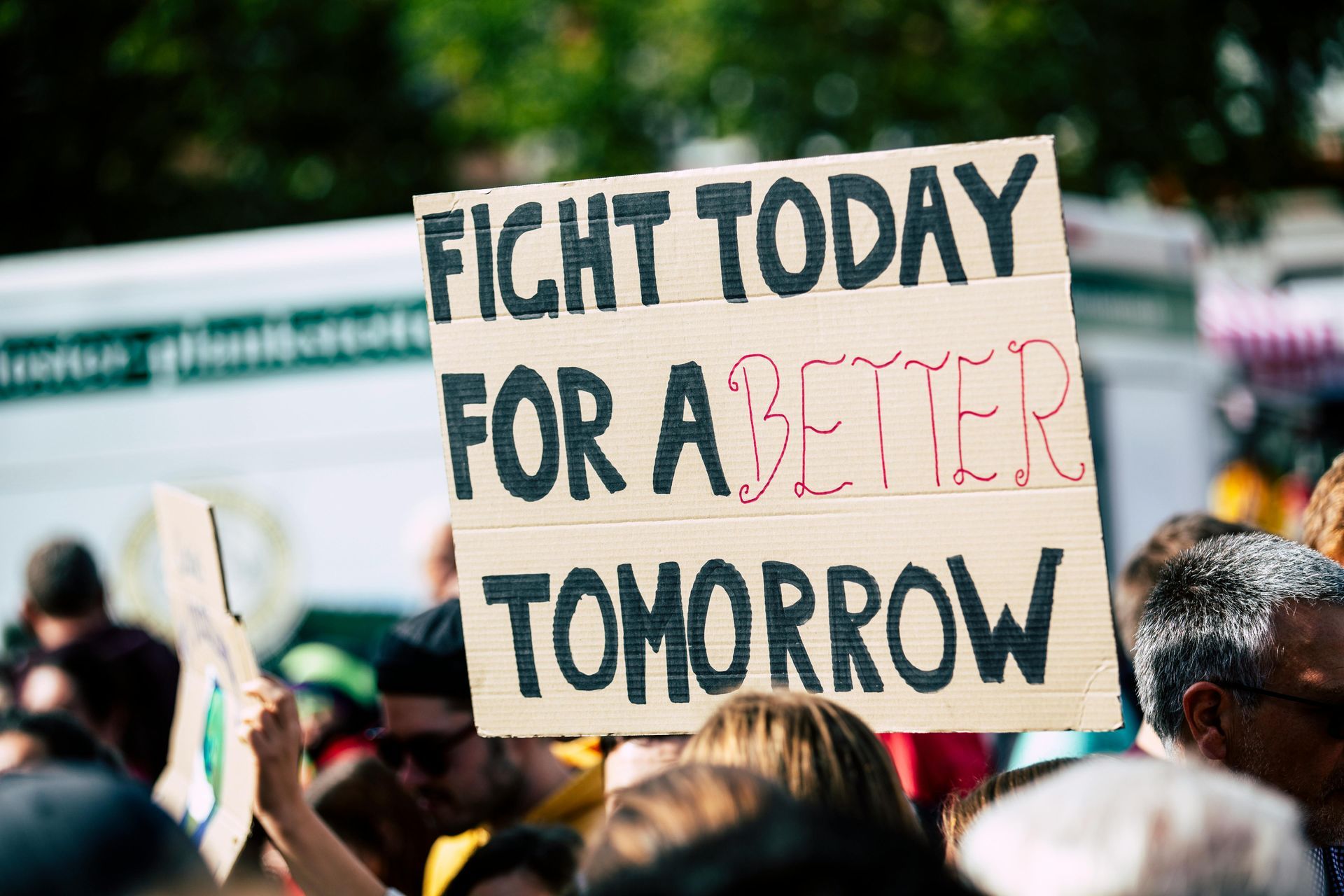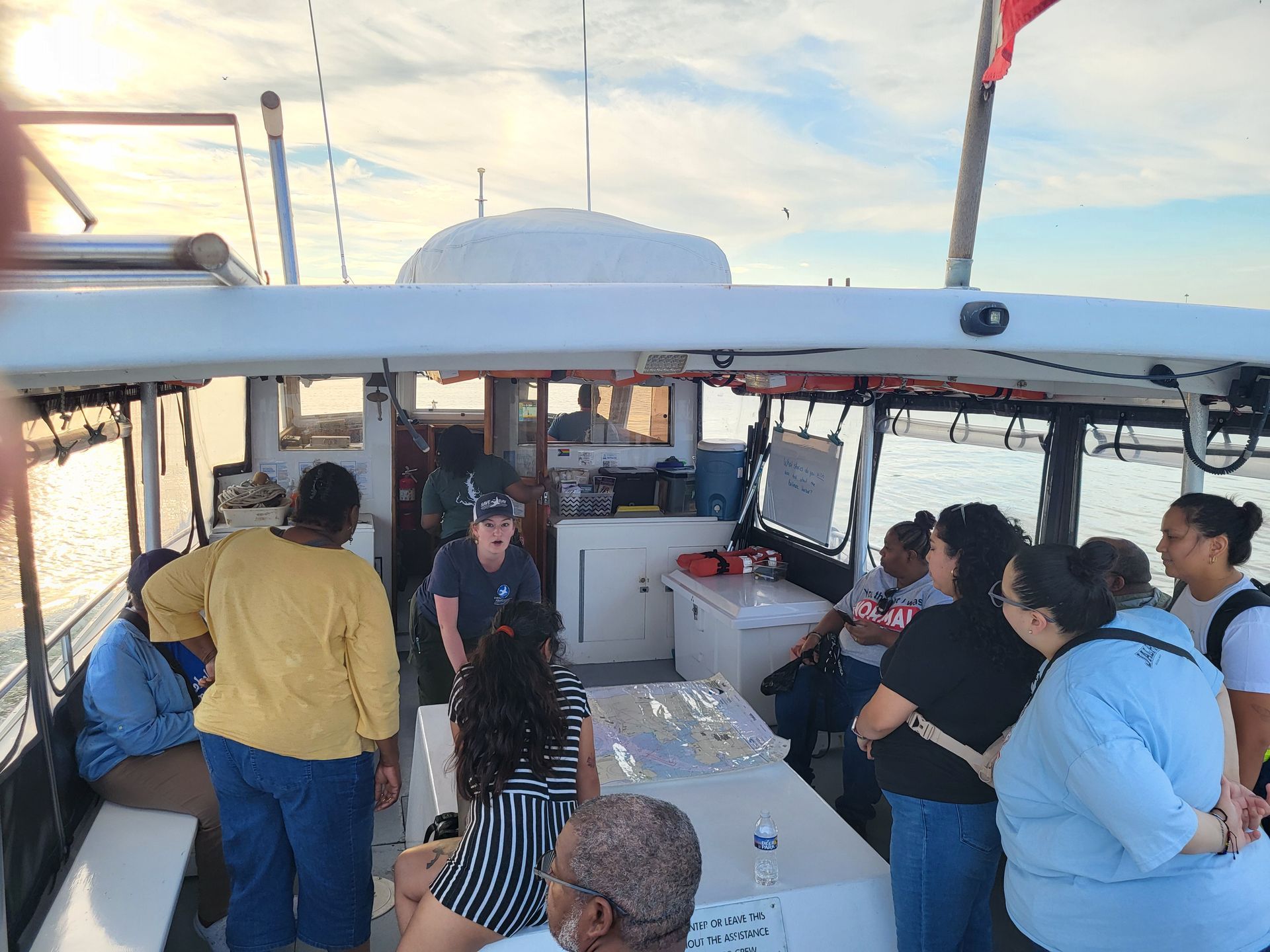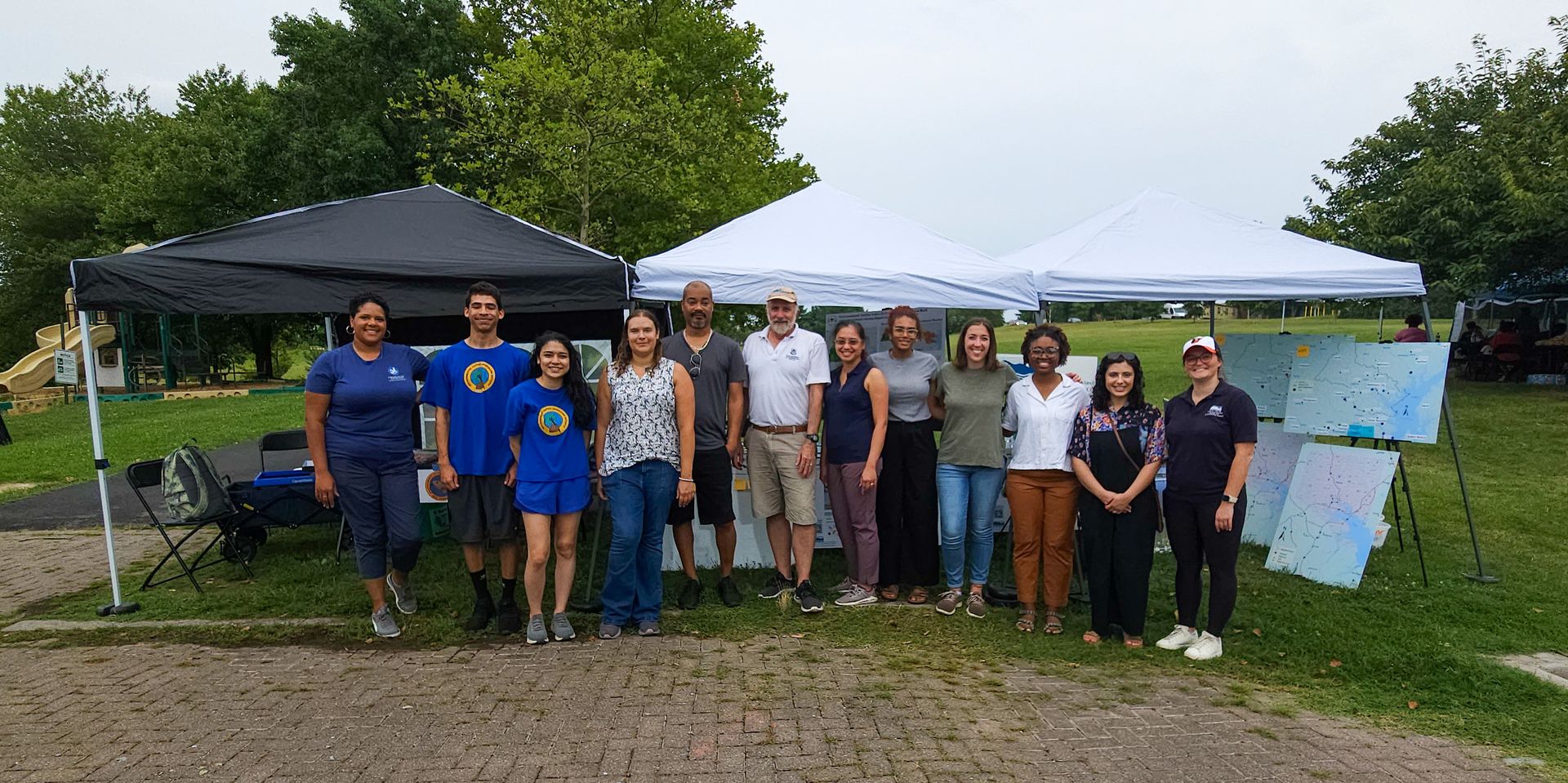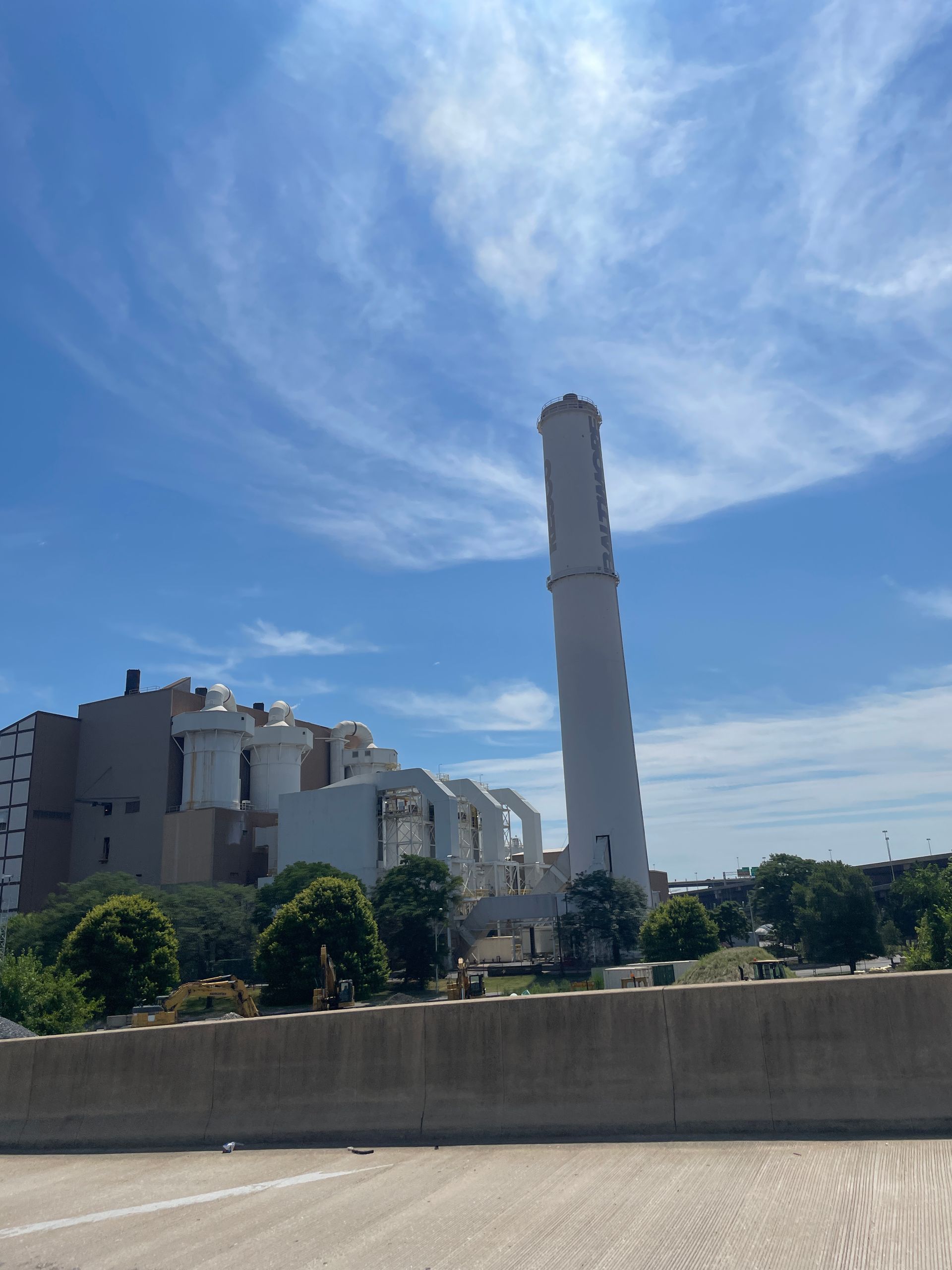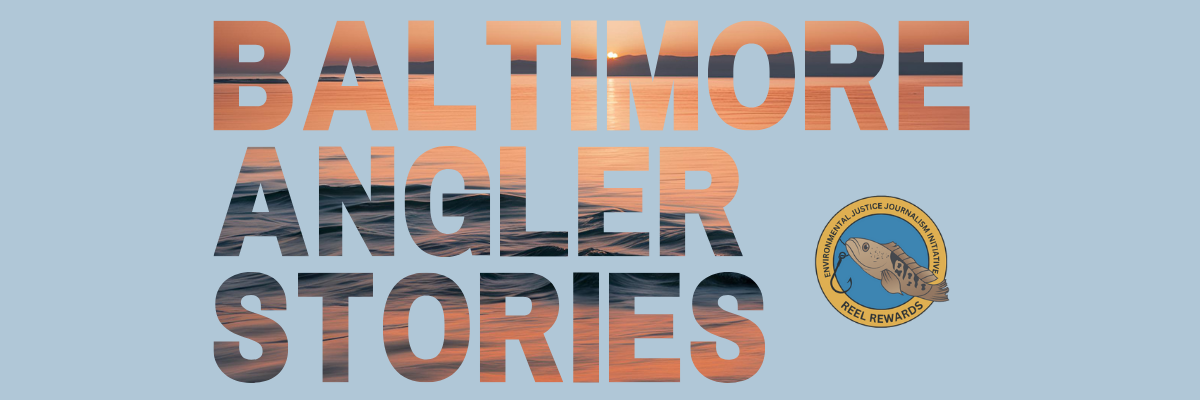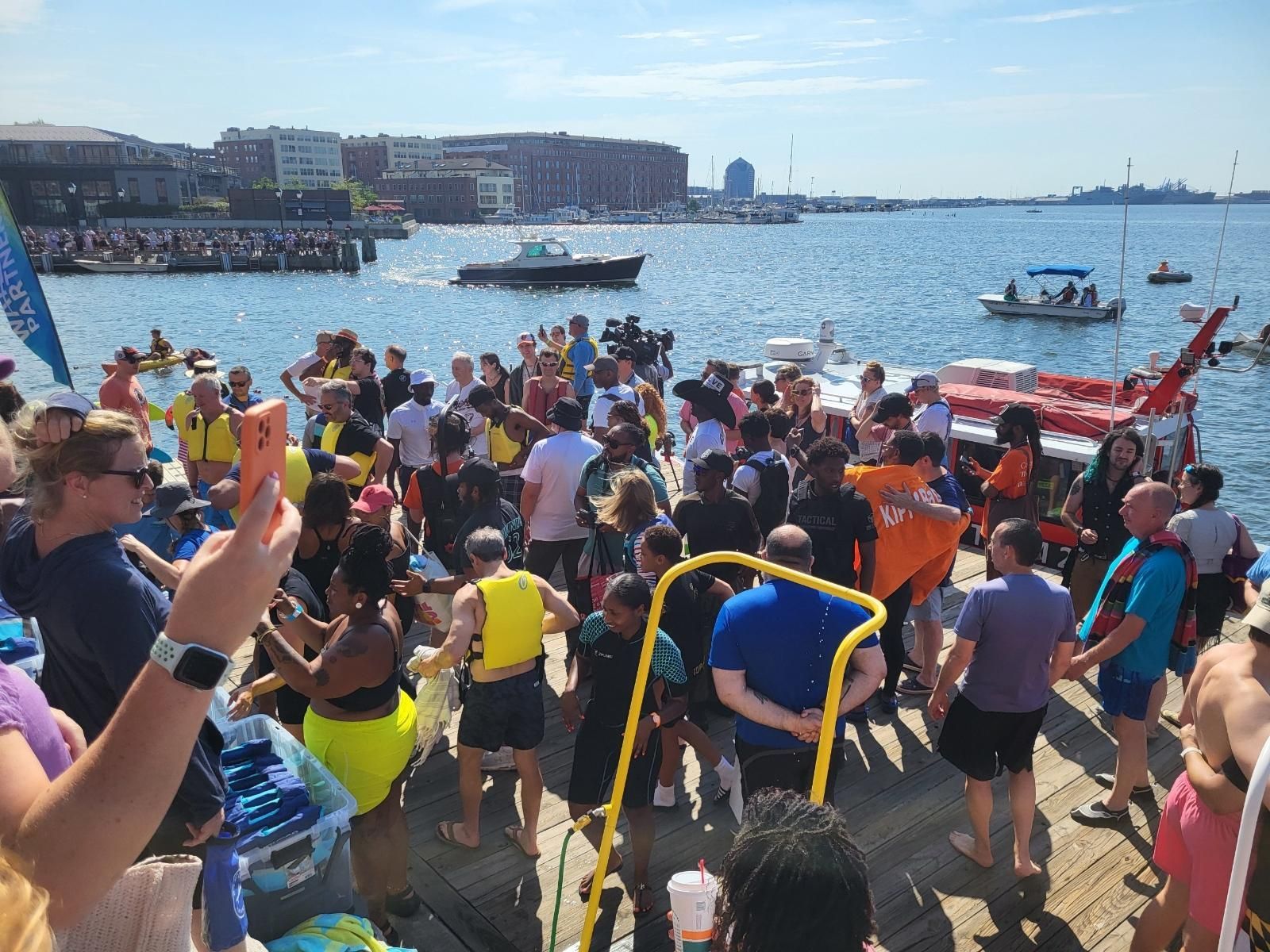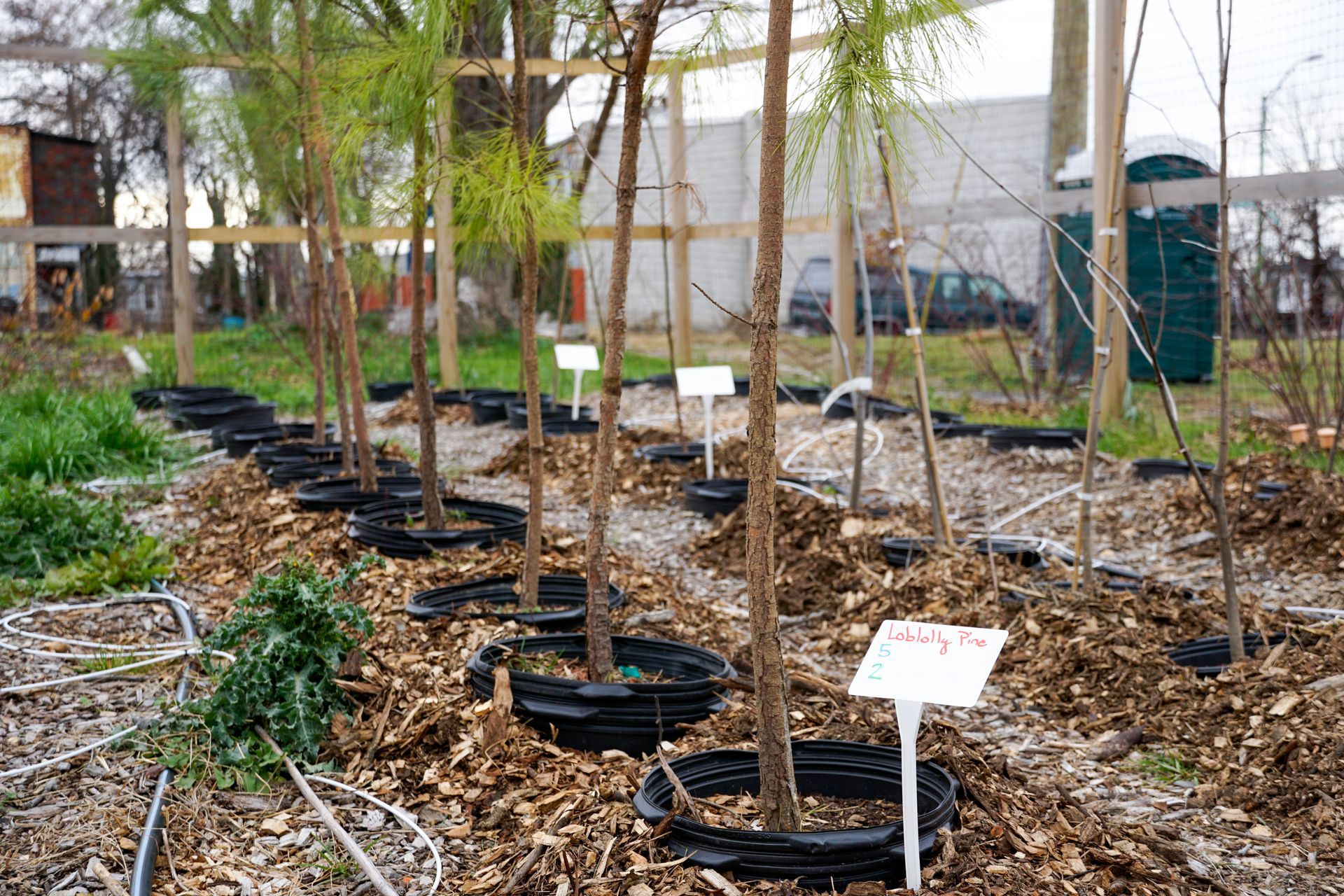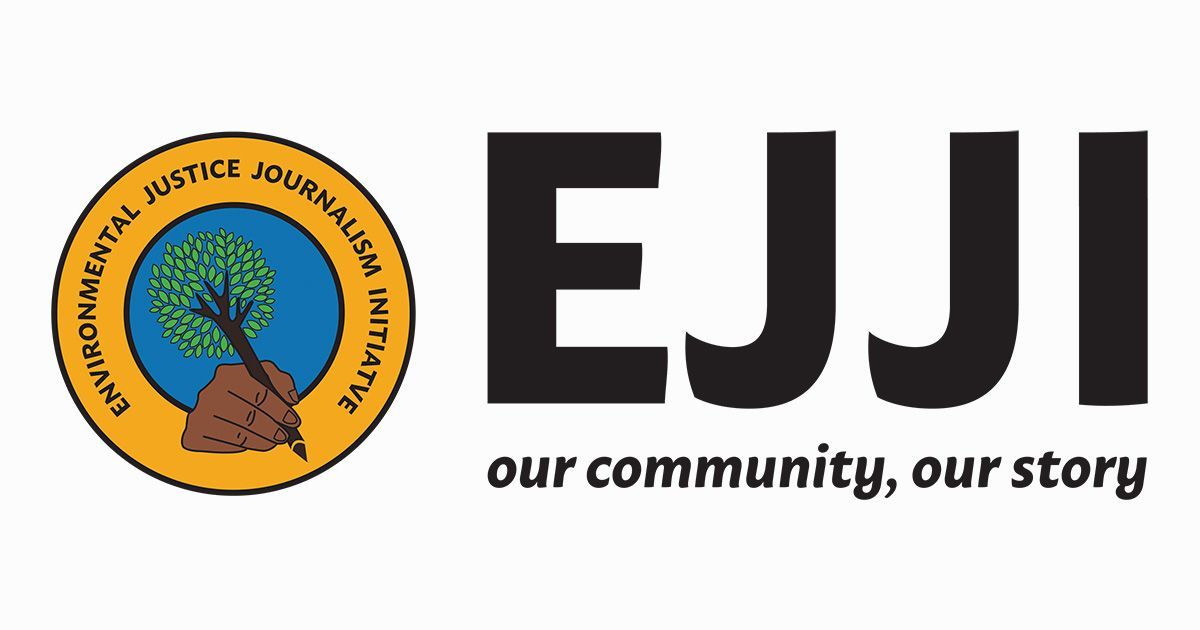Equity and Belonging at the 2023 Taking Nature Black Conference
Equity and Belonging at the 2023 Taking Nature Black Conference
By Laura Quigley
For the past five years, a nature organization in Montgomery County, Md., has sponsored a conference encouraging and celebrating Black Marylanders in nature.
But since it began, much has changed. The organization, once known as the Audubon Naturalist Society, changed its name to
Nature Forward. It made the move to become more inclusive. And the conference, called Taking Nature Black, has grown from a small slate of speakers to a national event that held on even through the pandemic.
Earlier this month, the 2023
Taking Nature Black conference split the difference on virtual vs. in-person. Its first two days met virtually. On the final day, which was in person at the Silver Spring Civic Center, the conference hosted speakers and panel discussions focused on building Black connections to the land, healing through nature, and guiding the next generation of Black environmentalists. One of the main themes was the challenge of building Black connections with nature while honoring its complicated ancestral legacy.
More than 100 participants joined each session. The conference demonstrated the engagement and momentum behind a more robust, equitable, and safe connection between the Black community and nature.
“As we make progress, how do we make sure we’re not losing what we’ve put in place?” said conference speaker Chancee Lundy Russell, principal and CEO of Lundy Legacy, LLC. “We’ve had obstacles in this country since 1619, so we’re just going to find a new path, a new way around it.”
The conference brought together environmental justice advocates, community leaders, and nature professionals from across the country to discuss the challenges and opportunities facing communities of color in the fight to achieve environmental change.
“We have to keep promoting equitable collaboration,” said conference speaker Dr. Mamie Parker, a fish and wildlife biologist and the first African American United States Fish and Wildlife Service Northeast Regional Director. “I know how important it is for all of us to really set those standards of excellence in this cultural challenge; to really make people feel welcome, feel like they belong.”
Historically, Black hikers, bikers, swimmers, and hunters have reported feeling alone in the outdoors community. On occasion, white strangers and rangers have questioned them about their intentions in the outdoors. Over the past decade, many Black outdoors enthusiasts have formed organizations like
Outdoor Afro to demonstrate the outdoors are for everyone. Others, like
REI
and
Patagonia, have emphasized the importance of an inclusive outdoor community.
“An enduring value of outdoor education is helping people see. And when they see, they can’t unsee,” said keynote speaker Rue Mapp, the founder and CEO of Outdoor Afro. “Nature is in you, your body, made up mostly of water. It is at hand.”
With representatives from diverse areas of the outdoor experience, such as urban agriculture, outdoor leadership, conservationism, and aquaculture, the conference exemplified its theme of belonging. By promoting greater connection with nature, the conference aims to build more engagement with the environmental movement.
“Now that we’ve gotten some space, that space should be habitable,” said keynote speaker Tamara Toles O’Laughlin, founder of Climate Critical Earth. “We’re only going to win if we all belong in the future.”
Images courtesy of Nature Forward.
